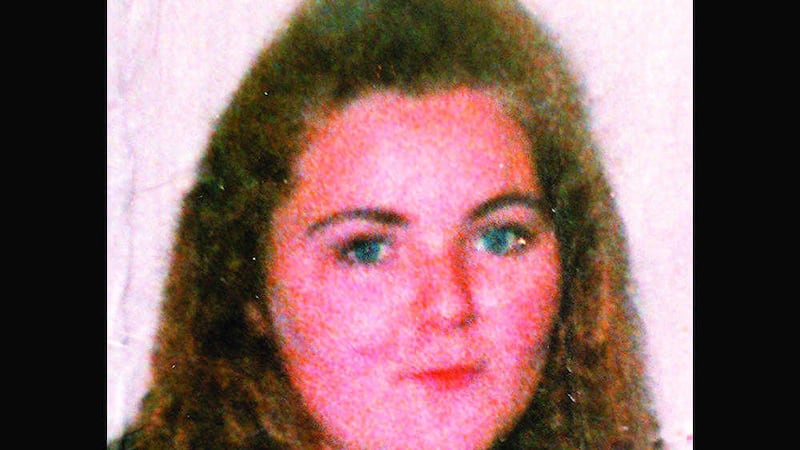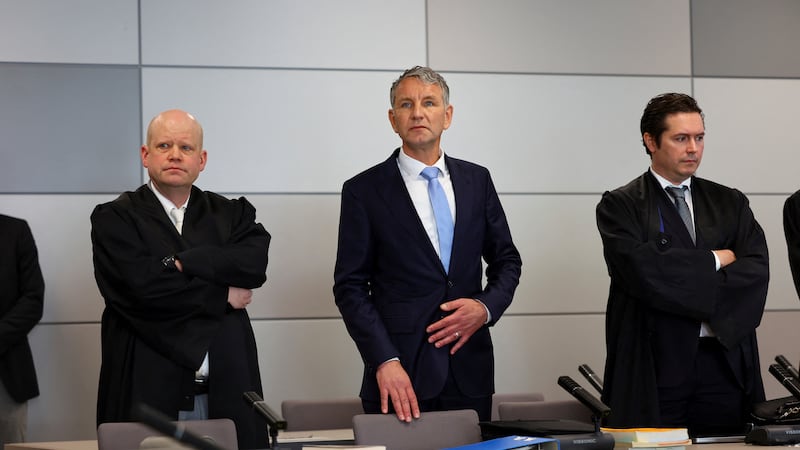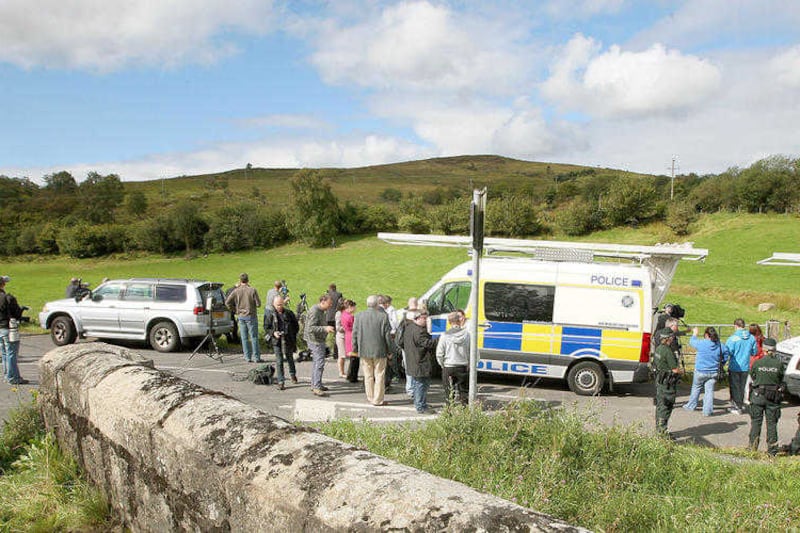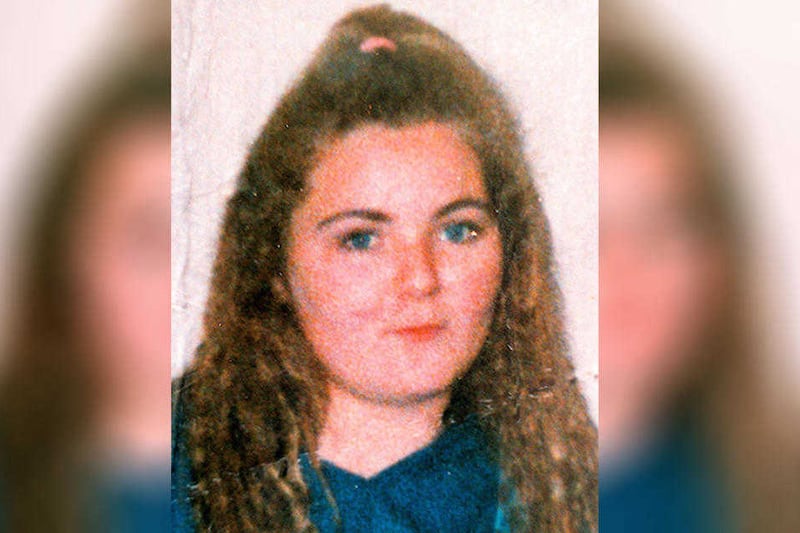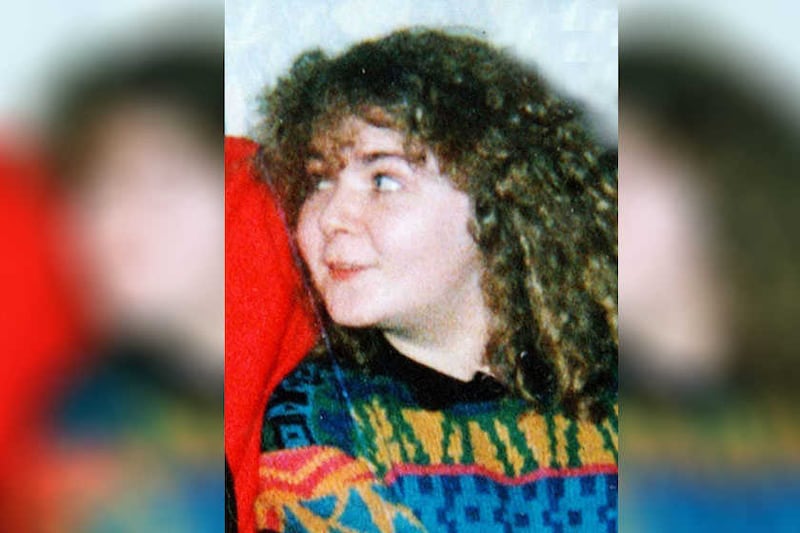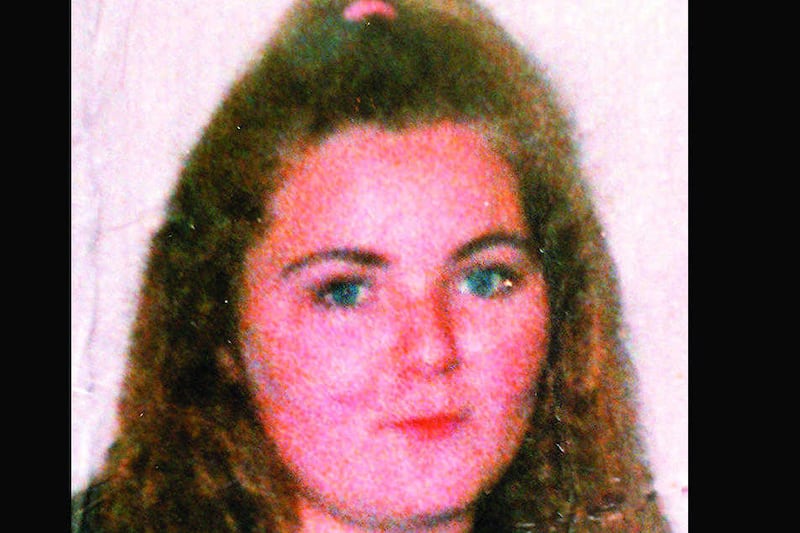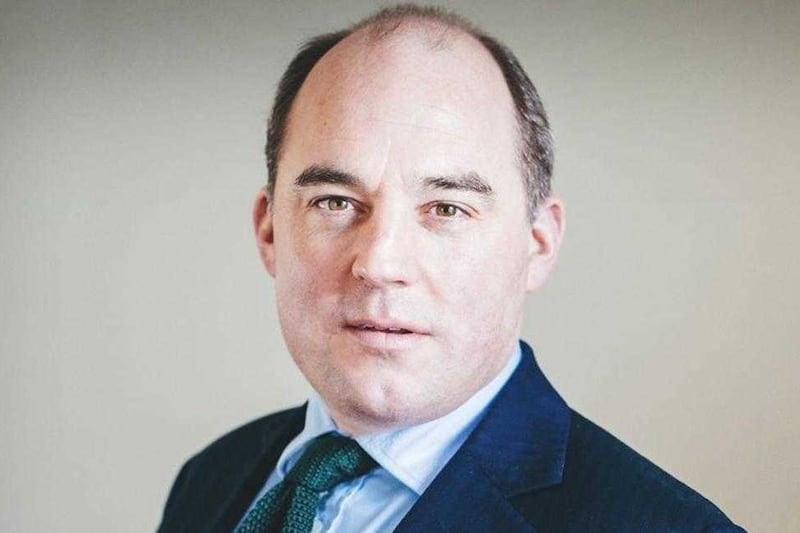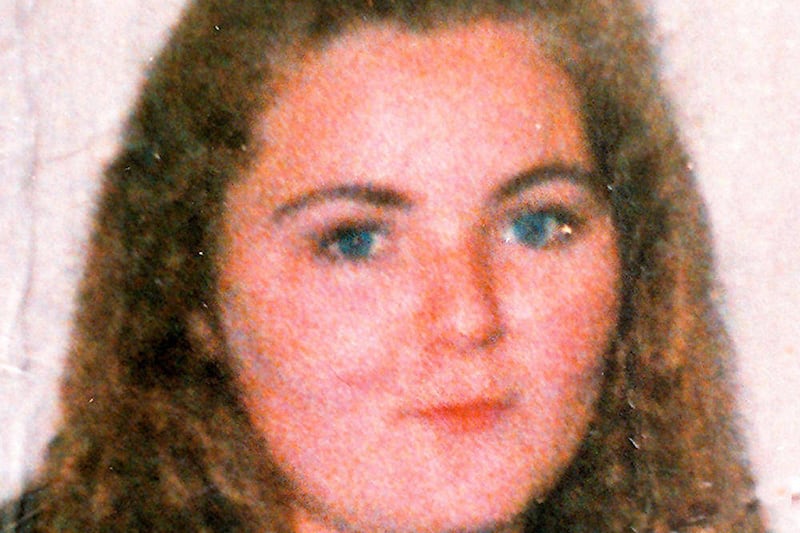TOP-secret files the government are seeking to withhold from the inquest of a murdered schoolgirl name a man interrogated by paramilitaries and the person whose false tip-off prompted police to dig up a bereaved family member's garden.
A coroner held a private hearing on Tuesday to consider whether the identities of individuals associated with the Arlene Arkinson case should be made public.
The 15-year-old from Castlederg, Co Tyrone, vanished after a night out at a disco in Co Donegal in 1994. Her body has never been found.
She was last seen with convicted child killer Robert Howard, who died in prison last year.
Despite being acquitted of the murder by a jury unaware of his long record of sex crimes, including the murder of a south London schoolgirl, he always remained the police's prime suspect in Arlene's death.
Controversy erupted last week, just days before the long-delayed inquest was due to start, when the government signed off on a Public Interest Immunity (PII) bid to withhold certain police files from the court amid claims they contained information that could harm the public interest.
Grounds for PII include matters of national security or the protection of police methodologies such as the use of informers.
While the government has obtained such immunity on sensitive papers relating to Troubles-related legacy cases, doubt surrounds why such issues would be at play at the inquest into the death of a missing schoolgirl.
Coroner Brian Sherrard is to reveal his determination on the PII application today.
Prior to the start yesterday's behind-closed-doors hearing at Belfast Laganside courts, Mr Sherrard heard submissions from the Arkinson family's barrister outlining their concerns about the proposed redactions.
The legal team has seen the documents, with the parts subject to the PII application blanked out.
Henry Toner QC said one section referred to an individual who had been abducted and questioned about the murder by the INLA.
"Who this was seems to be highly relevant to this inquest," Mr Toner said.
The barrister said the files also refer to an episode some time after Arlene disappeared when police, accompanied by members of the media, arrived at the home of her sister Kathleen Arkinson and dug up the garden searching for a body. Nothing was found.
Mr Toner said the name of the person who passed the bogus information to the police claiming Arlene was buried at the property needed to be made public.
The lawyer also expressed concern that further PII applications could be made throughout the inquest process.
Away from the PII issue, Mr Toner also questioned if the police had any further information as to why detectives had ruled out another initial suspect in the killing – convicted murderer Stephen Scott.
In 1998 Scott, formerly of Lisanelly Heights, Omagh, killed pregnant teenager Sylvia Fleming and buried her under a house.
Mr Toner said the initial investigative link with Scott had been unknown to the family's legal team until they read about it in unredacted sections of the documents that contain the PII redactions.
"This is the first time we have been aware of any such connection or potential connection," he said.
Before convening the closed hearing, Mr Sherrard said he had read the sensitive material related to the PII application.
He said any redactions likely to be made would be "very modest".
A media request to observe the private hearing, without reporting on it, was rejected by the coroner, who said such an arrangement would present a "very serious risk to the administration of justice".
He said he would make a statement on the PII application when the court reconvened in public session this morning.
"I intend to make a general statement with regard to the process we have gone through and the nature of the material that has been held back," he said.
"I hope that would go some way to addressing concerns the press have and addressing some of the concerns the family may have."
"This court will certainly not want to deal with matters in anything other than a transparent way unless it is absolutely required."
Howard (71), had been due to give evidence before the inquest. He died at HMP Frankland in Co Durham in October.
